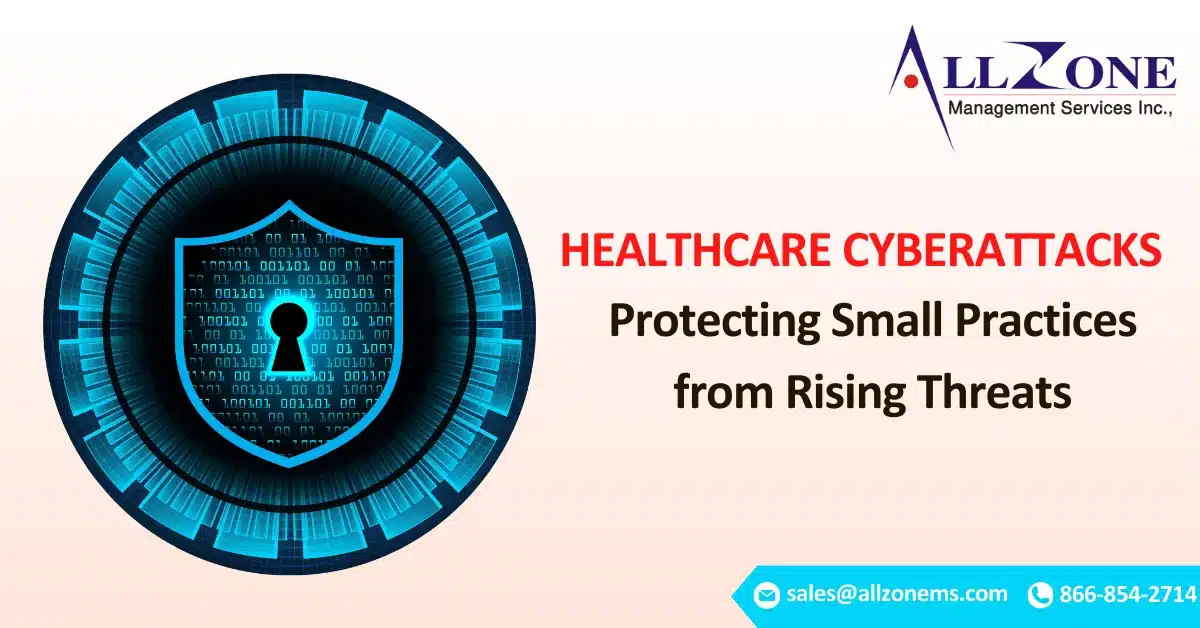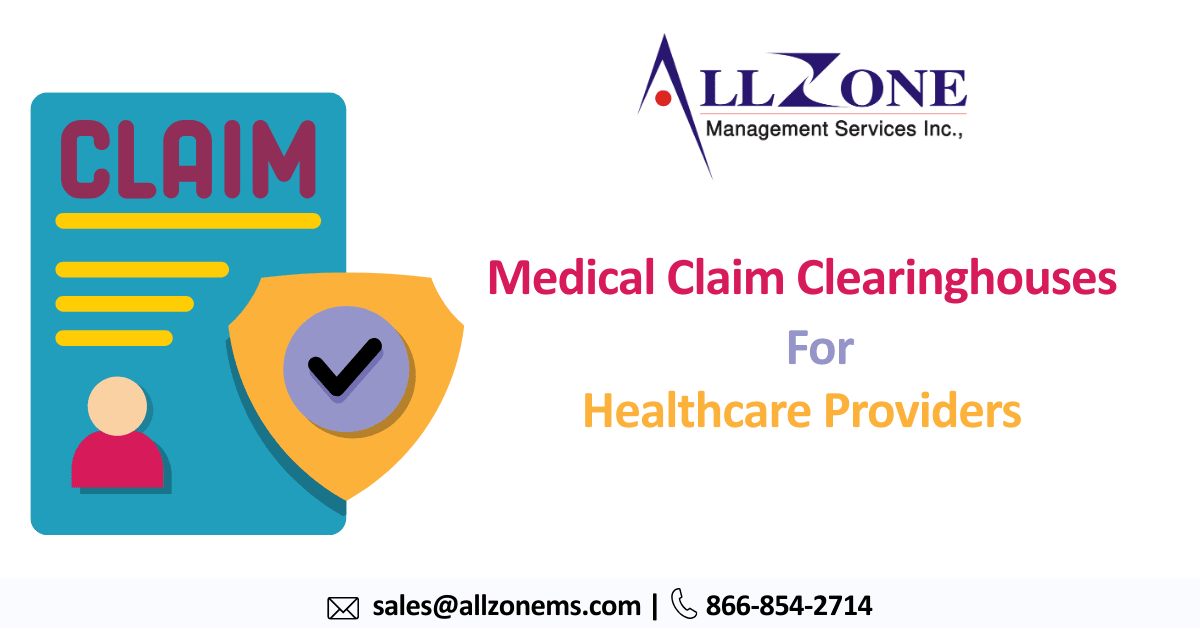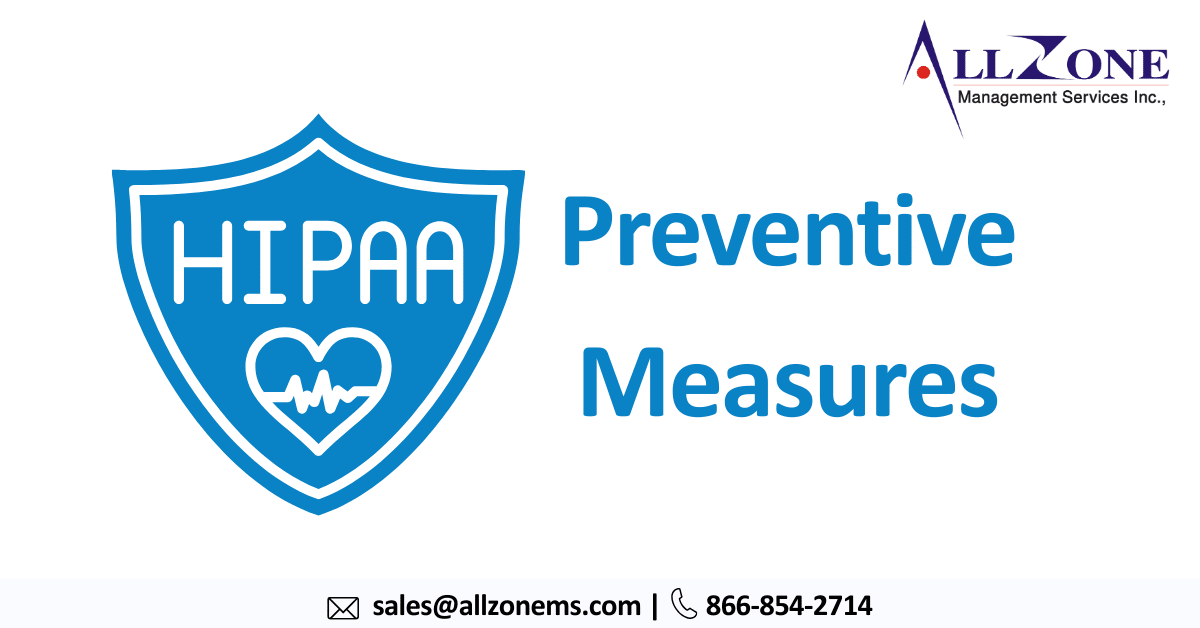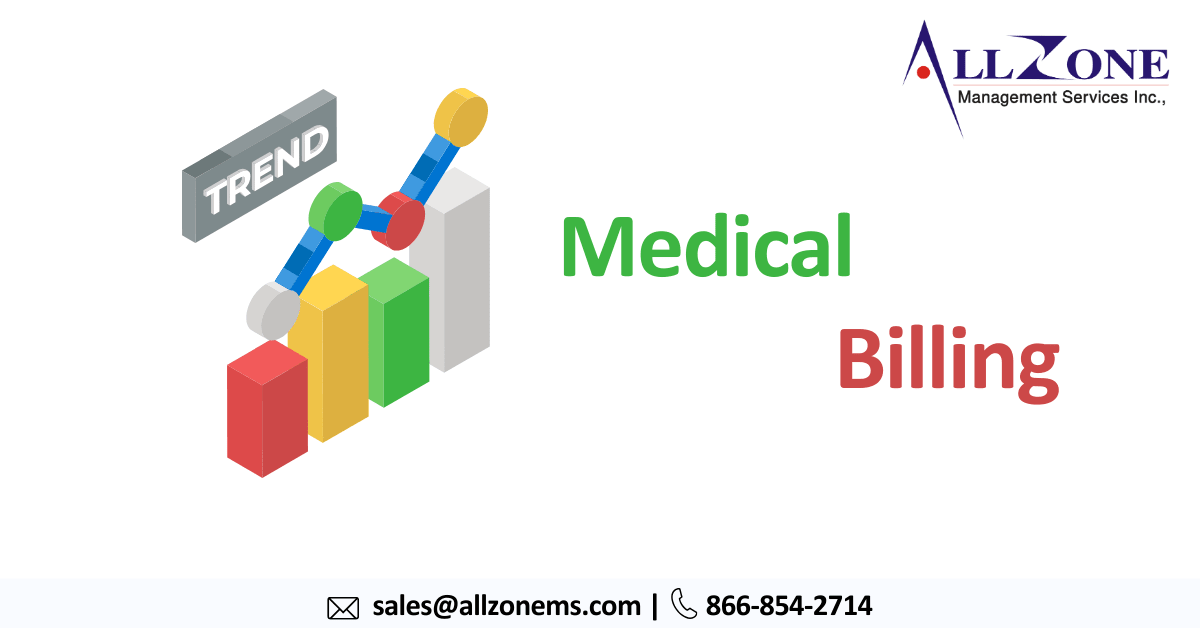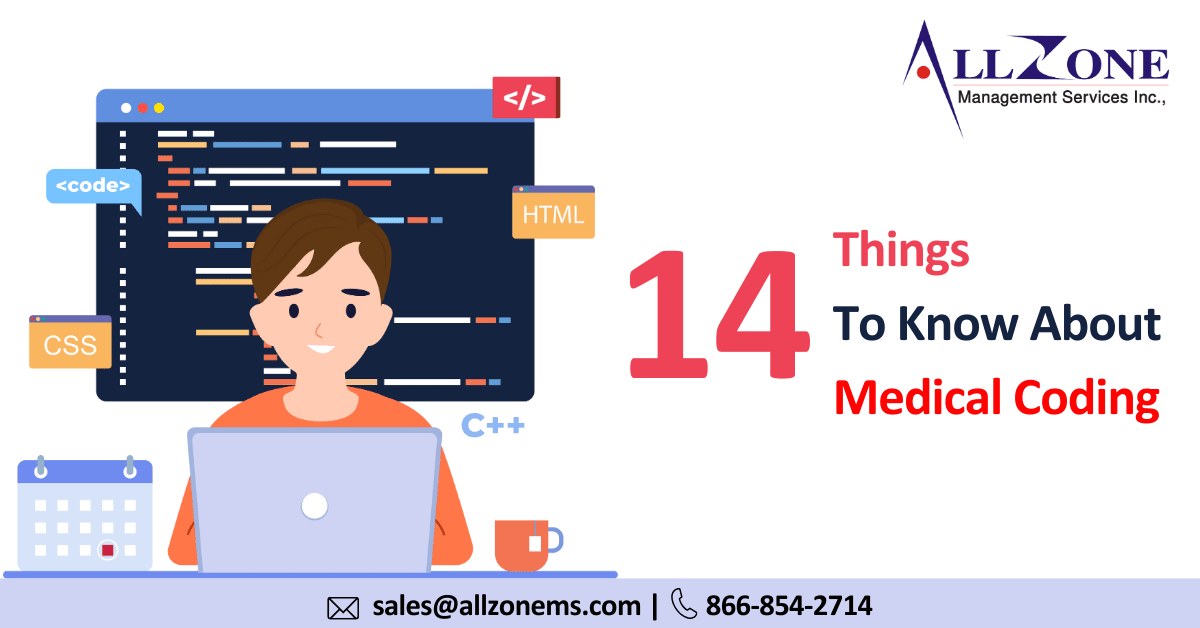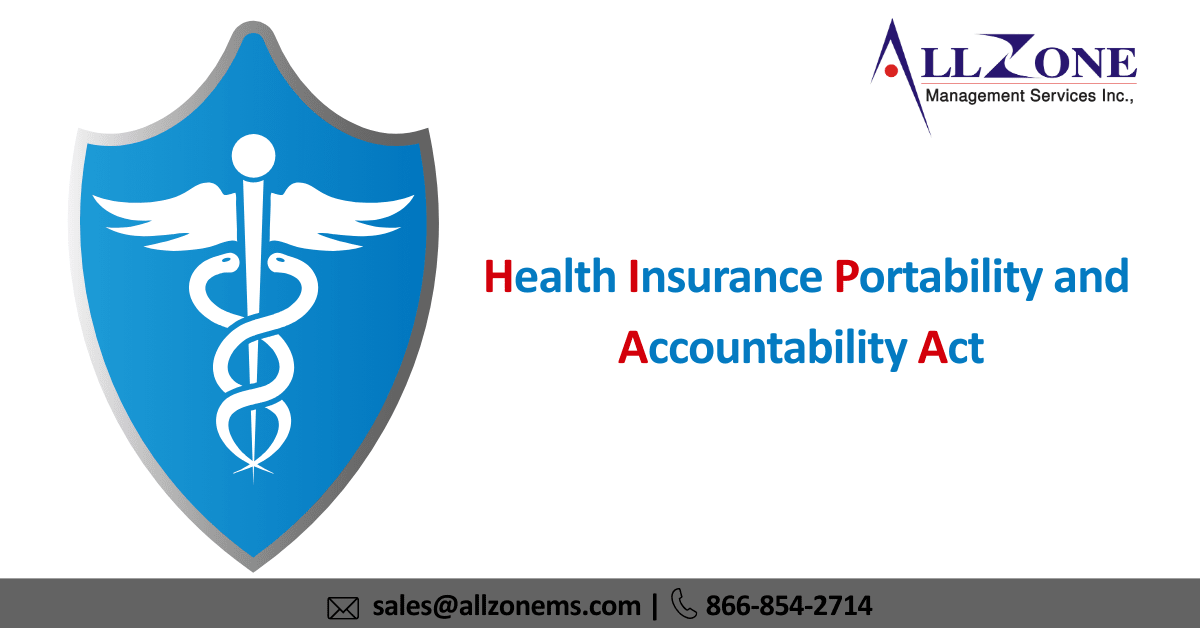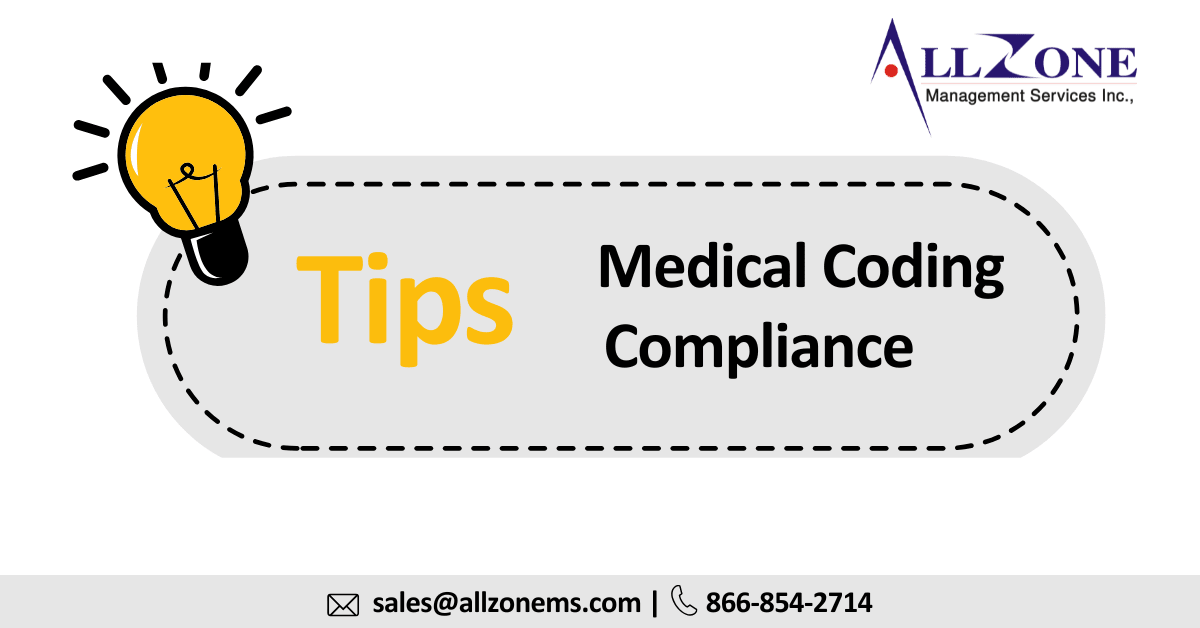Healthcare providers face a rising tide of Healthcare cyberattacks, which can have devastating consequences. These attacks are becoming more frequent and costly, and healthcare organizations are spending more than any other industry to recover from them. Small Practices at Risk: Small healthcare providers are particularly vulnerable to Healthcare cyberattacks due to limited resources and staff. […]
The healthcare industry has long been burdened with paperwork, from patient intake forms to insurance documentation. While many healthcare providers have already adopted Electronic Medical Records (EMRs), there’s a growing realization that going paperless can extend far beyond just digitizing patient records. One significant area where healthcare can continue to evolve is through the use […]
Telehealth billing, the process of submitting claims for telehealth services, is an essential component of this virtual care model. Efficient and accurate telehealth billing ensures that providers are reimbursed for their services and that patients are not overbilled. The healthcare landscape has undeniably shifted towards a more virtual model. Telehealth, the utilization of telecommunications technology […]
Medical claim clearinghouses enhance the efficiency of claim submissions for healthcare providers, thereby reducing costs and improving payment accuracy. Each year, healthcare payers and providers exchange billions of claims to finalize patient encounters, a number that continues to rise. As claim volumes increase annually (except for a dip in 2021 due to the COVID-19 pandemic), […]
HIPAA violations happen when a healthcare organization fails to follow the Health Insurance Portability and Accountability Act (HIPAA) rules. HIPAA is a law that protects patients’ privacy by setting standards for securing and sharing their medical information. There are different ways a HIPAA violation can occur, but they often involve a patient’s protected health information […]
The landscape of medical billing is undergoing a dramatic transformation. Fueled by technological advancements, shifting patient expectations, and evolving regulations, the industry is moving away from traditional methods and embracing a more patient-centric, tech-driven approach. To stay ahead of the curve and ensure your practice thrives in this dynamic environment, understanding these key trends in […]
In this blog, you should know why healthcare providers need to be aware of the medical coding guide. 1. What is Medical Coding? Medical coding is the process of translating medical diagnoses, procedures, and services into universal alphanumeric codes for proper documentation and billing purposes. 2. Importance of Accuracy: Accurate medical coding is crucial for […]
It is important to note that the Health Insurance Portability and Accountability Act (HIPAA) Security Rule of 1996 established standards for protecting individuals’ electronic personal health information (PHI). This includes any identifiable health information, such as medical records and histories, medical bills, and lab results, among others. A covered entity, including healthcare providers, health plans, […]
Explore the intricacies of codes for a better understanding of regulatory compliance in medical coding. Healthcare billing and documentation are based on medical coding. An accurate representation of the patient’s health journey, appropriate reimbursements, and avoiding potential legal pitfalls are crucial to ensuring accurate representation of the patient’s health journey, not just an administrative formality. […]
Secure Medical Billing Practices: In the ever-evolving healthcare landscape, protecting patient privacy and safeguarding sensitive medical information remains paramount. The Health Insurance Portability and Accountability Act (HIPAA) serves as the cornerstone of these efforts, dictating robust data security standards for covered entities handling protected health information (PHI). As we navigate 2024, staying updated on HIPAA […]

